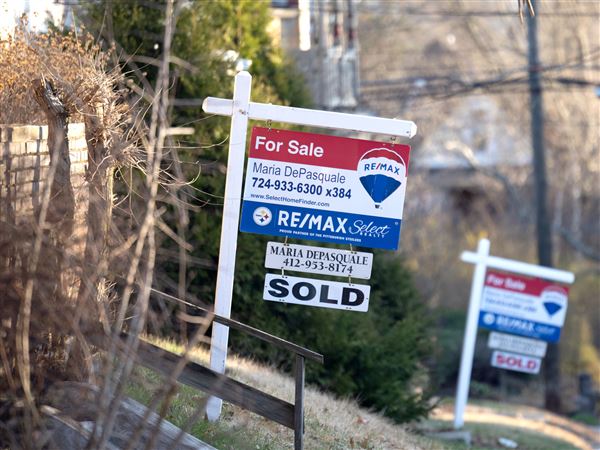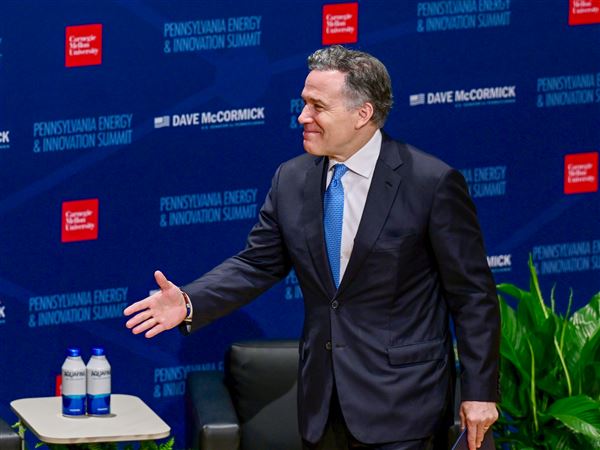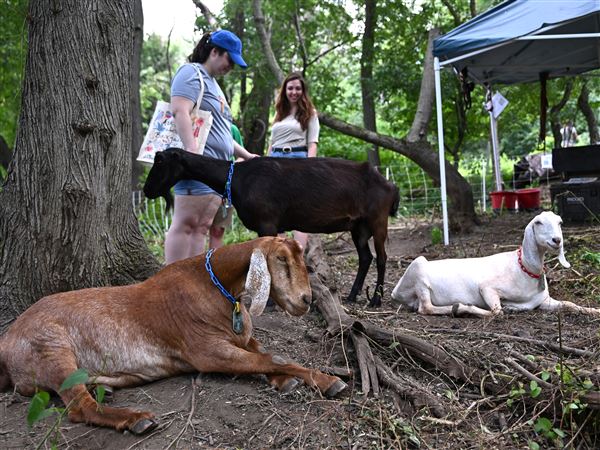If politicians can't help West Mifflin homeowners who have been victimized by horrendous landslides in their back yards for almost a year, then maybe their fellow citizens can lend a hand.
That's the focus of Bob Macey, an employee of the Century Heritage Credit Union, who is also involved with the Rotary and Regional Business Alliance, among other charitable organizations. He is in the process of putting together a nonprofit organization called The West Mifflin Community Foundation.
The group will raise money to help residents of Webster Avenue and Joyce and Elwell streets who have lost large portions of their yards due to the slides.
Also in harm's way are homeowners on Glenny Lane, which sits below Webster, whose homes are being bombarded with the dirt that slides down the hillside.
The West Mifflin Community Foundation, which will consist of seven board members, aims to raise enough money initially to fund a geotechnical study that would get to the root of the problem.
"You can't fix anything unless you know what to do to keep the dirt from falling," Macey said.
Macey believes residents are disillusioned by 10 months of listening to public officials tell them that, even though everyone sympathizes, nothing can be done.
West Mifflin officials have repeatedly told victims that, even if the borough had the money, it would be forbidden by law to use it to help private homeowners.
County and state officials have similarly thrown up their hands, saying no funds are available to people with their problem. A state House bill sponsored by Rep. Peter Daley, D-California, would provide aid for future victims but not those who have already suffered damage.
County Chief Executive Dan Onoroto recently voiced support of legislation that would allow the state Emergency Management Agency to provide relief in landslide situations.
But Macey said homeowners, whose assets and quality of life are literally sliding, cannot afford to wait.
"With all due respect to [public officials], their hands are tied," he said. "My concern is that we are running out of time."
The planned foundation has received an identification number from the IRS, and Macey expects articles of incorporation to be approved by the state soon. Then it is just be a matter of advertising for a fictitious name that will allow the foundation to become a nonprofit entity.
Once that happens, the group can start raising funds for the study, which is estimated to cost $25,000 to $30,000.
First Published: April 7, 2004, 4:00 a.m.














